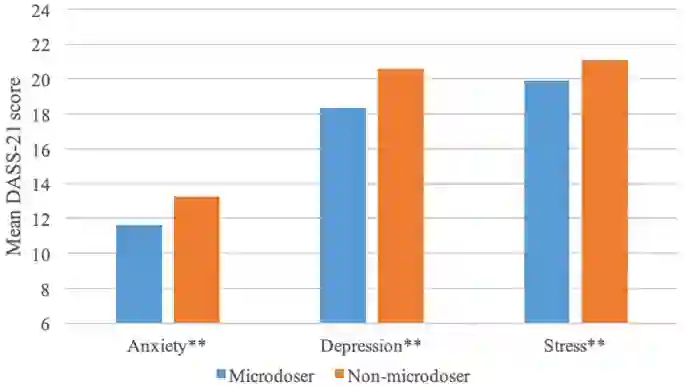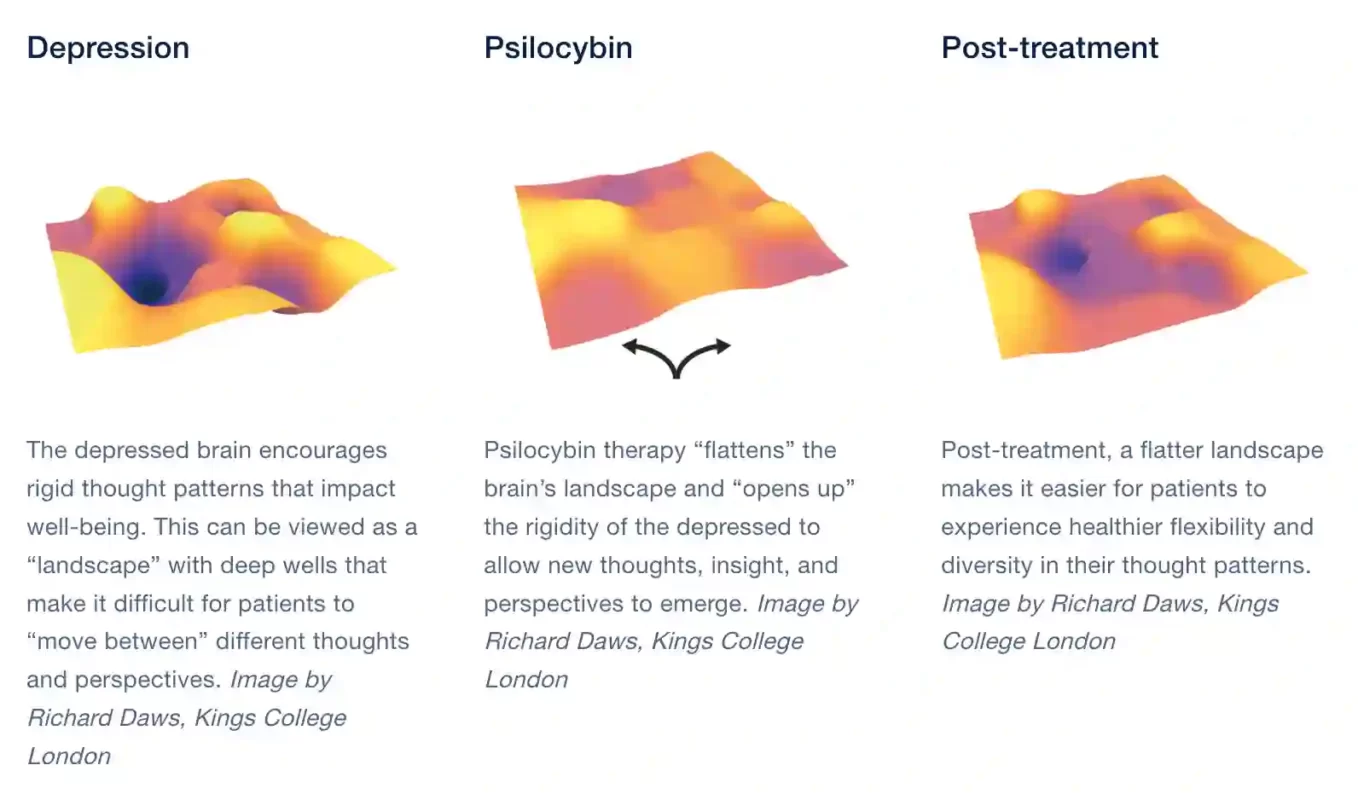Uncategorized
Adults with Depression Who Microdose Psychedelics
Depression is a mental health disorder that affects millions of people worldwide. While there are several conventional treatments available for depression, such as medication and psychotherapy, some individuals have reported finding relief through microdosing psychedelics. In this article, we will explore the concept of microdosing psychedelics and its potential benefits for adults with depression.
What is Microdosing Psychedelics?
Microdosing refers to taking very small doses of a psychedelic substance, such as psilocybin or LSD, with the intention of enhancing creativity, improving focus, and boosting mood. The amount of the substance taken is typically a fraction of what is considered to be a recreational dose, which means that the individual will not experience any intense hallucinations or altered states of consciousness. Instead, the effects are more subtle, and many users describe feeling a sense of clarity, emotional balance, and heightened senses.
What are the Potential Benefits of Microdosing Psychedelics for Depression?
While there is still much research to be done on the topic, some studies have suggested that microdosing psychedelics may have potential benefits for individuals with depression. Here are a few of the ways that microdosing may be helpful:
- Enhanced Mood: Some individuals report feeling more optimistic and uplifted after microdosing psychedelics. This effect may be related to the way that psychedelics can impact the brain’s serotonin system, which is known to play a role in regulating mood.
- Reduced Anxiety: Anxiety is a common symptom of depression, and some individuals report feeling more calm and relaxed after microdosing psychedelics. This effect may be due to the way that psychedelics can decrease activity in the brain’s default mode network, which is associated with self-referential thinking and rumination.
- Increased Creativity: Microdosing may enhance creative thinking and problem-solving abilities. Some individuals report experiencing a sense of “flow” or being in the zone when working on creative tasks.
- Improved Sense of Connection: Depression can be a very isolating experience, and some individuals report feeling a greater sense of connection to others and to the world around them after microdosing psychedelics. This effect may be related to the way that psychedelics can increase feelings of empathy and compassion.

What Are the Risks of Microdosing Psychedelics?
While some individuals report finding relief from depression through microdosing psychedelics, it is important to note that there are potential risks associated with this practice. Here are a few of the risks to consider:
- Legal Issues: The use of psychedelics is illegal in many countries, which means that individuals who choose to microdose may be putting themselves at risk of legal consequences.
- Unknown Long-Term Effects: While there is some research suggesting that microdosing psychedelics may be relatively safe, the long-term effects of regular microdosing are still unknown. It is possible that there may be negative effects on mental health, physical health, or cognitive functioning that have not yet been discovered.
- Unpredictable Reactions: While microdoses are typically much smaller than recreational doses, there is still a risk of unexpected reactions to the substance. Some individuals may experience adverse effects such as anxiety, paranoia, or psychosis.
- Dependency: It is possible for individuals to develop a dependency on psychedelics, even when taking small doses. This can lead to a cycle of use and withdrawal, which can be difficult to break without professional help.
How to Safely Microdose Psychedelics for Depression
If you are considering microdosing psychedelics for depression, it is important to do so safely and responsibly. Here are a few tips to help ensure a positive experience:
- Research the Substance: Before microdosing, do your research on the specific psychedelic substance you plan to use. Learn about its effects, potential risks, and appropriate dosage amounts.
- Start Small: When starting to microdose, it is best to begin with a very small dose and gradually increase over time if necessary. This will help you to gauge your individual response to the substance and avoid any adverse effects.
- Set an Intention: Before microdosing, set a clear intention for the experience. This can help you to stay focused and grounded, and may enhance the overall benefits of the substance.
- Choose a Safe Environment: It is important to choose a safe and comfortable environment for microdosing. This may be a quiet room in your home, or a natural outdoor setting that feels calming and peaceful.
- Seek Professional Help: If you are struggling with depression or other mental health issues, it is important to seek professional help. A qualified therapist or healthcare provider can help you to develop a treatment plan that is tailored to your individual needs and goals.
Conclusion
While microdosing psychedelics may hold promise as a treatment for depression, it is important to approach this practice with caution and careful consideration. If you are interested in microdosing, be sure to do your research, start small, set an intention, choose a safe environment, and seek professional help if needed. With responsible use and a commitment to your mental and physical health, microdosing psychedelics may offer a new avenue for relief from the symptoms of depression.



